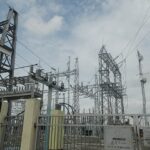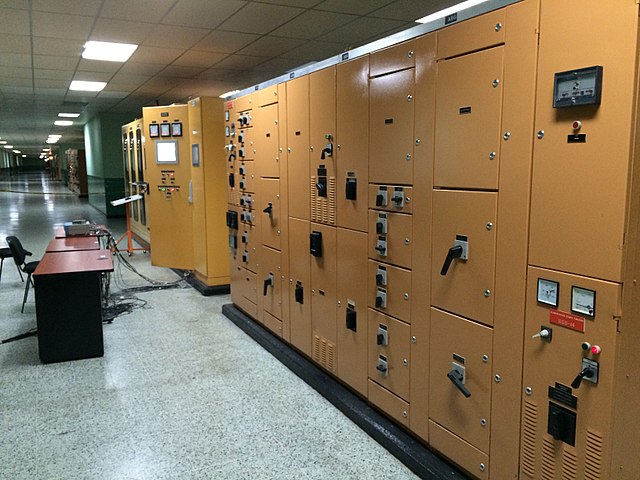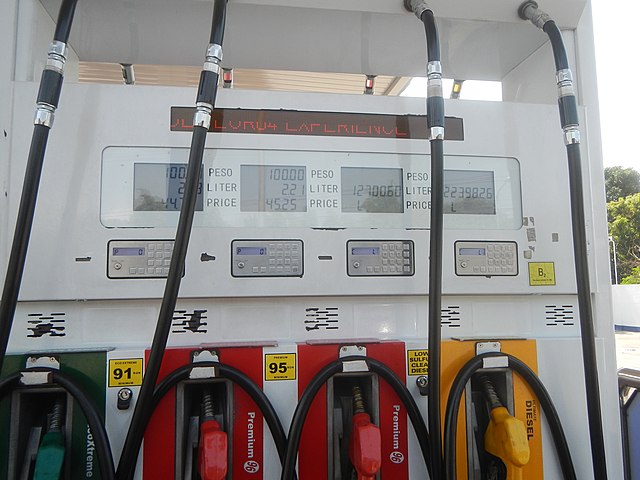On June 28, 2023, the Inter-American Development Bank (IDB) approved a Conditional Credit Line for Investment Projects (CCLIP) of up to $800 million to support the modernization of the Salto Grande Binational Hydroelectric Complex (CHSG) in Argentina and Uruguay. This initiative aims to decarbonize the interconnected electricity systems, foster regional sustainable development, and enhance economic growth while prioritizing environmental sustainability.
The Importance of Decentralized Power Generation
Decentralized power generation, exemplified by hydroelectric complexes, offers numerous benefits. Firstly, it promotes economic growth by ensuring a reliable and stable energy supply, attracting investments, and encouraging entrepreneurial activities. The modernization of the CHSG will extend its lifespan and guarantee the availability of electricity, providing a stable energy source for businesses and industries. This reliability enables long-term planning and instills confidence among investors.
Moreover, hydroelectric power is a clean and renewable energy source, aligning with the principles of environmental stewardship. By transitioning to renewable energy, Argentina and Uruguay can reduce their dependence on fossil fuels and decrease greenhouse gas emissions. This shift represents an innovative approach that promotes sustainability through market-driven mechanisms.
Private Sector Participation and Economic Growth
Private sector participation is a vital component of economic growth. In the case of the CHSG modernization project, involving the private sector fosters efficiency and innovation. The approved credit line will facilitate infrastructure upgrades and institutional strengthening of the complex, focusing on digitalization and regional development.
Implementing digital corporate management, reinforced by cybersecurity measures, will enhance operational efficiency and cost-effectiveness. Technical studies conducted as part of the project will inform evidence-based decision-making and improve overall performance. Furthermore, staff training will not only enhance technical skills but also promote gender equality, inclusivity for persons with disabilities, and prevent workplace violence and harassment. These measures empower individuals and align with principles of equal opportunity and personal freedom.
Promoting Regional Integration
The CHSG project holds historical significance as the first binational project in the region, contributing to further integration efforts. Argentina and Uruguay, as members of the Energy Integration System of the Southern Cone Countries, aim to foster regional power integration, with the CHSG serving as a cornerstone. This project encourages economic cooperation, strengthens ties between neighboring countries, and promotes international collaboration and trade.
Local Development and Job Creation
The project’s emphasis on local development and job creation aligns with the objective of inclusive growth. The IDB’s credit line for the CHSG modernization includes provisions to promote local productive development. Strengthening the capacities of regional suppliers will stimulate economic activity, generate employment opportunities, and improve the living standards of the local population. By empowering individuals and communities through economic freedom and self-determination, this initiative promotes social welfare and sustainable growth.
The modernization of the Salto Grande Binational Hydroelectric Complex in Argentina and Uruguay, supported by the Inter-American Development Bank, exemplifies a comprehensive approach to sustainable development. By emphasizing decentralized power generation, private sector involvement, regional integration, and local development, the project aligns with the principles of promoting economic growth while prioritizing environmental sustainability. Through these initiatives, Argentina and Uruguay are actively working towards a cleaner and more prosperous future for their countries and the region as a whole.










